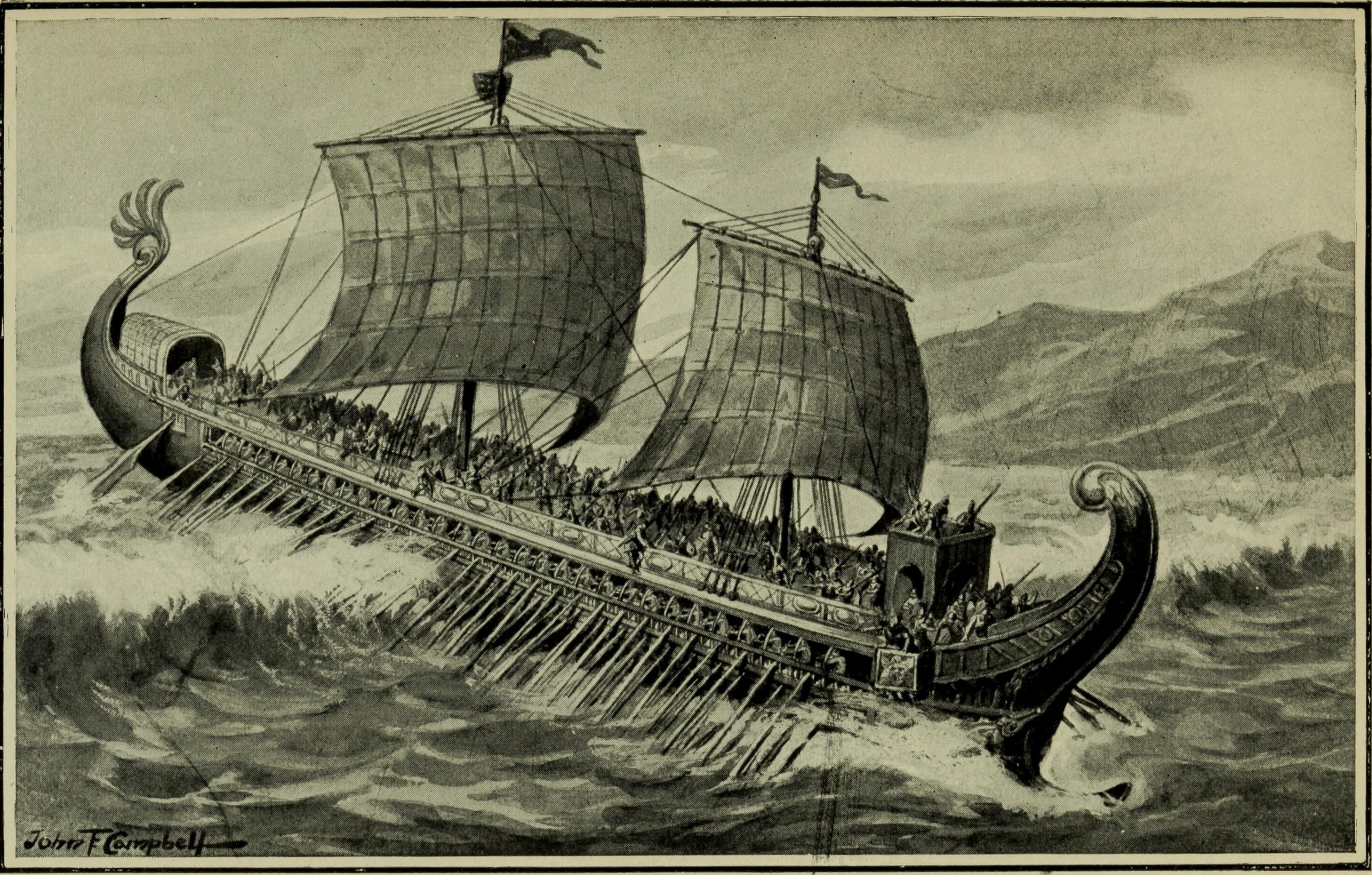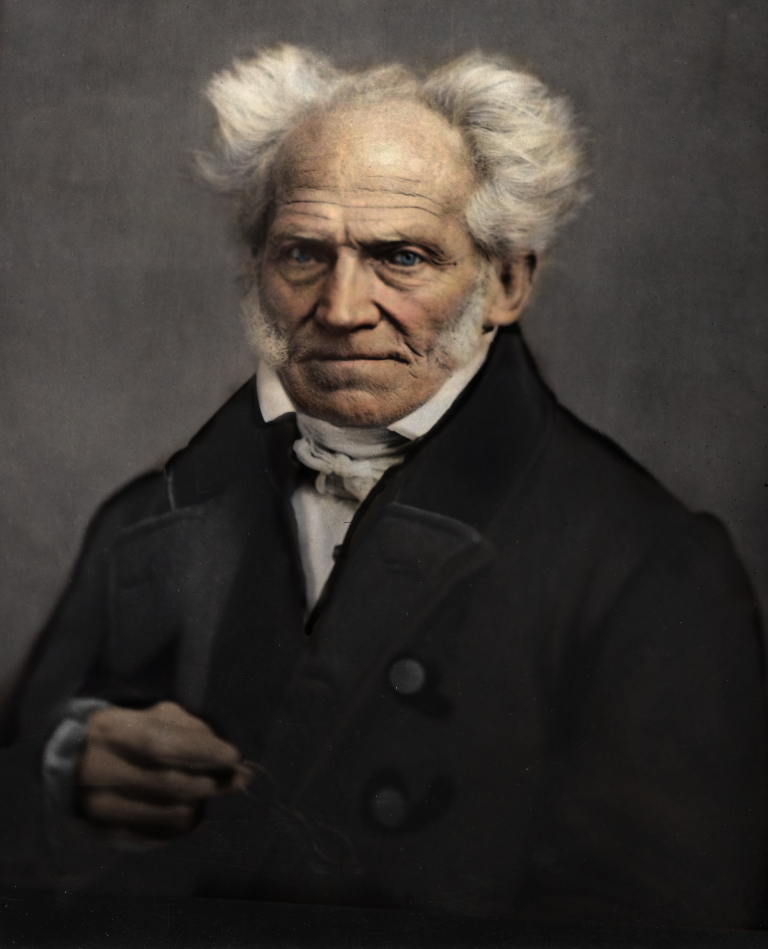
Theseus’ paradox, more popularly known as the ship of Theseus, is an ancient thought experiment first appearing in the writings of the famous ancient Greek historian, biographer and philosopher Plutarch. In principle it asks the question is the identity of something still the same even when its components are replaced? Here’s the excerpt from Plutarch, our go to primary source from history:
“The ship on which Theseus sailed with the youths and returned in safety, the thirty-oared galley, was preserved by the Athenians down to the time of Demetrius Phalereus. They took away the old timbers from time to time, and put new and sound ones in their places, so that the vessel became a standing illustration for the philosophers in the mooted question of growth, some declaring that it remained the same, others that it was not the same vessel.”1 – Plutarch, Life of Theseus
So a thirty oared ship that’s seen better days was in dire need of new replacements. The wooden planks were decaying and so stronger planks of timber were the new replacements needed for the ship to remain seaworthy. The philosophical question posed: was the ship that Theseus and friends returned on the same ship that they left on?
It prompted both the ancients and moderns to ask various questions. Questions like how much change is allowed for Theseus’ ship to still retain its identity? Is it still the same when we’ve replaced only one part? if yes, then how about when we’ve replaced half its parts? or when we’ve replaced all its parts? How much change is necessary for the ship to no longer be designated as the Ship of Thesus?
Upon its return to port it seemingly retains the appearance of the ship that left, but now is a structurally different entity. In other words, when the ship returned it cannot be called one and the same, otherwise none of the parts would have been replaced at all!
Imagine an ancient Greek who was among the first to see off Theseus’ ship, waving his goodbyes until the ship disappeared beyond the horizon. After much time has passed, our friend has been informed that Theseus is finally returning, however he was never informed about the repairs the ship underwent by having its parts repeatedly replaced over time. As this Greek is witnessing the return of the ship, so he would assume in his mind it was the same ship having that same sense of a stable identity – just like when it was leaving for its first journey.
Assuming the ship was originally just one solid colour, the only way our ancient Greek friend would recognise the difference without being informed would be if the new timber replacements were a completely different colour than the original parts they replaced. The new colour scheme would contrast sharply with his memory of the ship.
Theseus’ paradox goes beyond only questioning the identities of ancient Greek galleys. Perhaps a modern application of this would be directed at our cars. Our tyres are worn and we need to visit a car workshop. After much wear and tear the tyres are replaced by the mechanic with new replacement tyres. They perform their function well and solved the anxieties about a possible near future problem. But does the identity of the car persist? Now granted, most people wouldn’t give much of a damn that the car’s original identity is now in crisis because the tyres have been replaced.
What if all the parts of your car were replaced? the whole lot: the chassis, engine, steering, suspension, exhaust, etc. After the job is done, you notice that new paint job, that new digital dashboard and when you get into that car, wouldn’t there be a feeling of unfamiliarity about it? And replacing that car engine for a new one, I bet that was an expensive process; like the automobile equivalent of a heart transplant! might as well just have bought a new car!
Anyway whenever there’s a calling into question the persistence of a stable identity, it’s Theseus’ paradox that’s the tool for prying open up a Pandora’s box worth of identity crisis.
Reference:
- https://penelope.uchicago.edu/Thayer/e/roman/texts/plutarch/lives/theseus*.html

